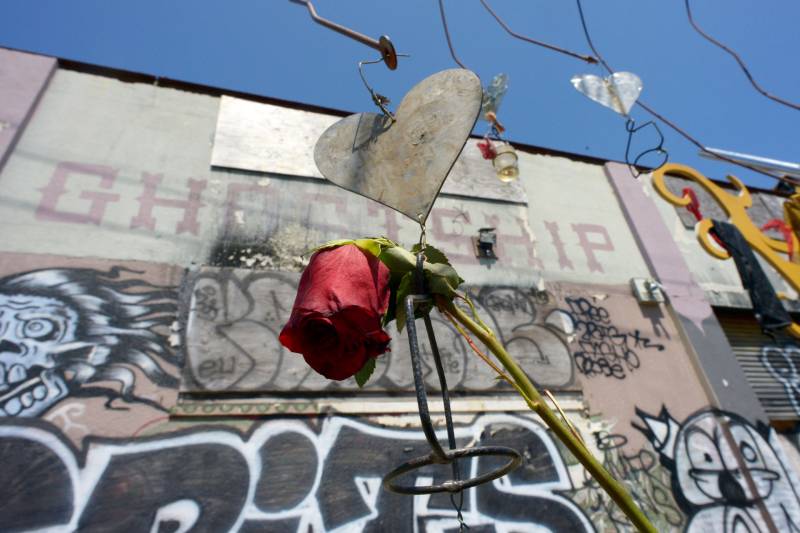One of the two jurors who voted in September to acquit Ghost Ship defendant Derick Almena spoke publicly for the first time on Friday, telling reporters she didn't think Almena had any criminal intent in connection with a massive fire at an Oakland warehouse in the Fruitvale neighborhood that killed 36 people on Dec. 2, 2016.
Former juror Betty Parker — or Juror Number 5 — said she was confident that Almena, the Ghost Ship's master tenant, believed the building was safe.
"The man had his family living there," she told reporters outside an Oakland courtroom where Almena appeared for a short procedural hearing in advance of his retrial. "Who would put their kids knowingly in that type of danger?"
Almena and Max Harris, who had been described as the Ghost Ship warehouse's second-in-command, were arrested on June 5, 2017. Each was charged with 36 counts of involuntary manslaughter. After a four-month-long, emotionally draining trial, a jury in September 2019 acquitted Harris of all charges but deadlocked 10-2 in favor of convicting Almena.

